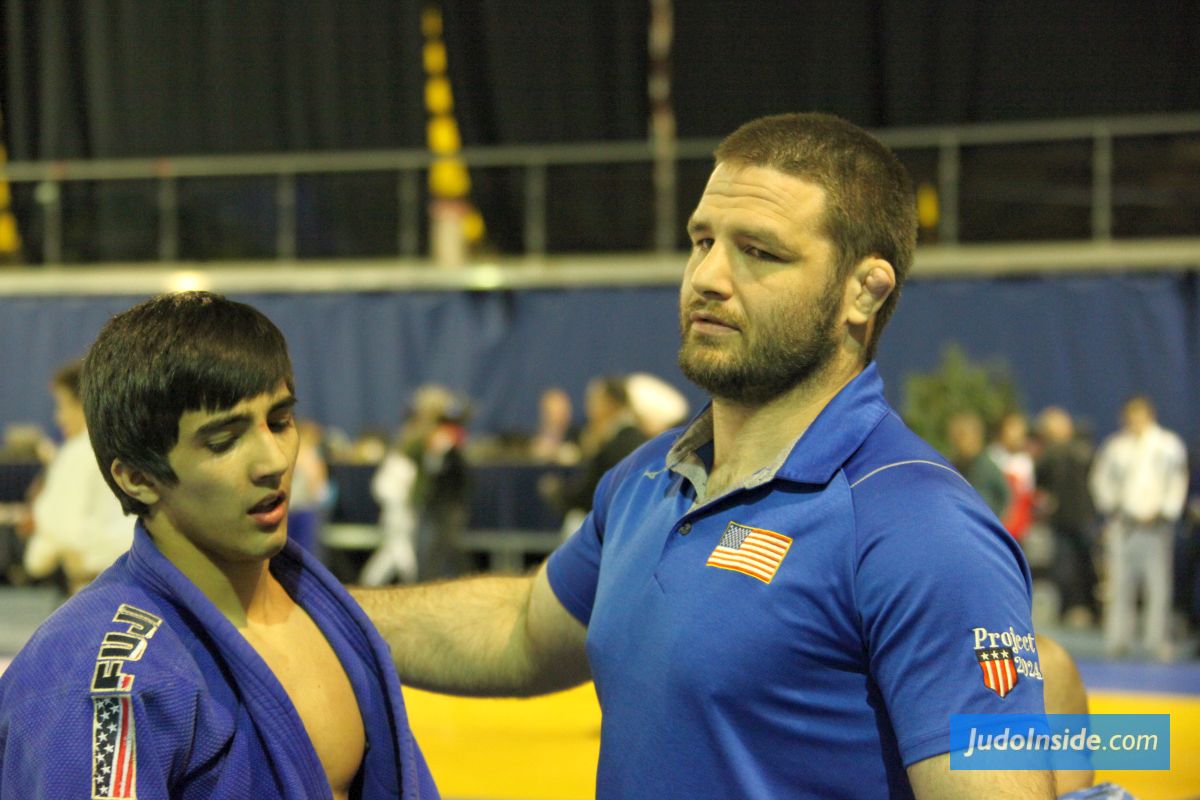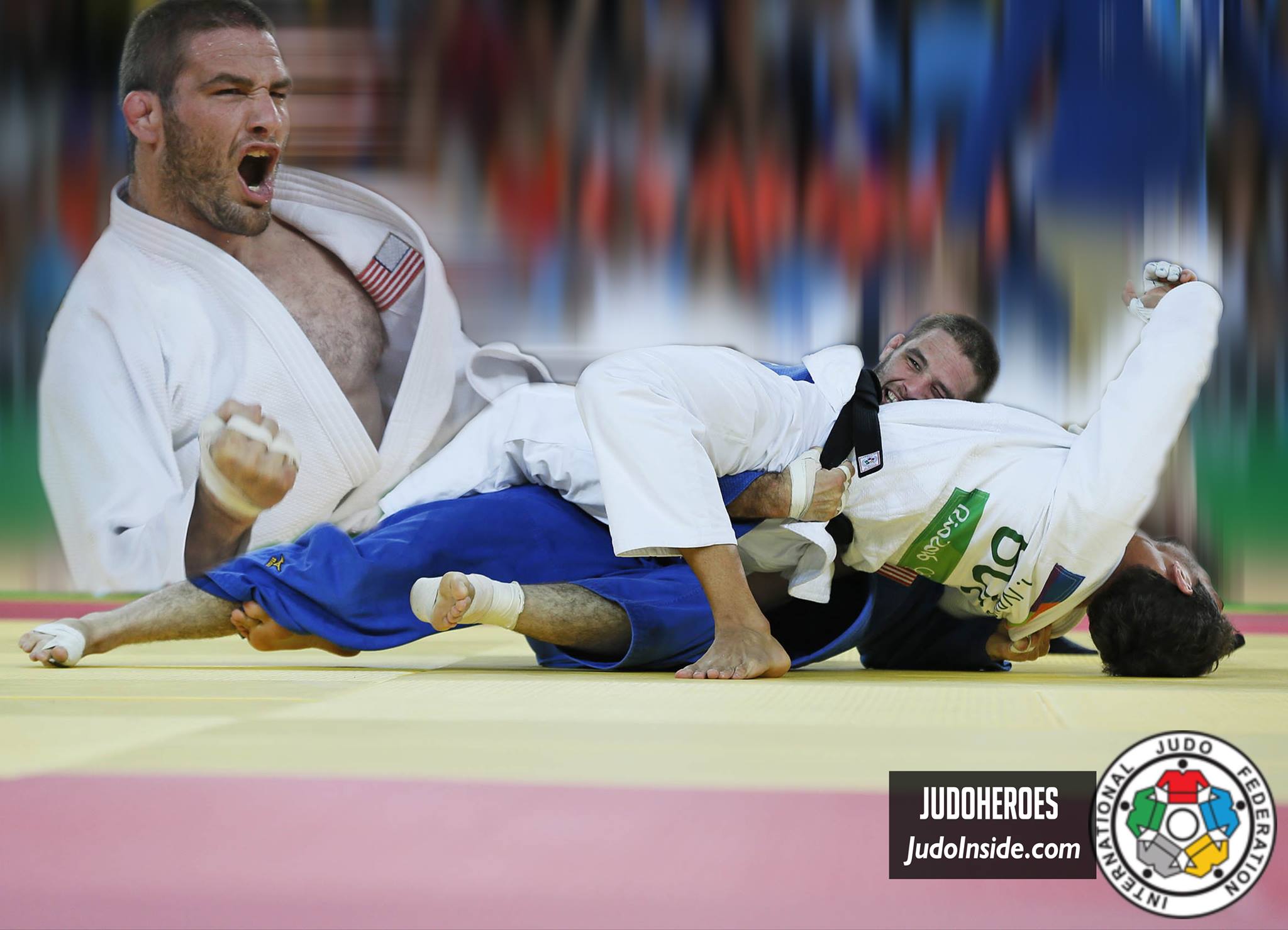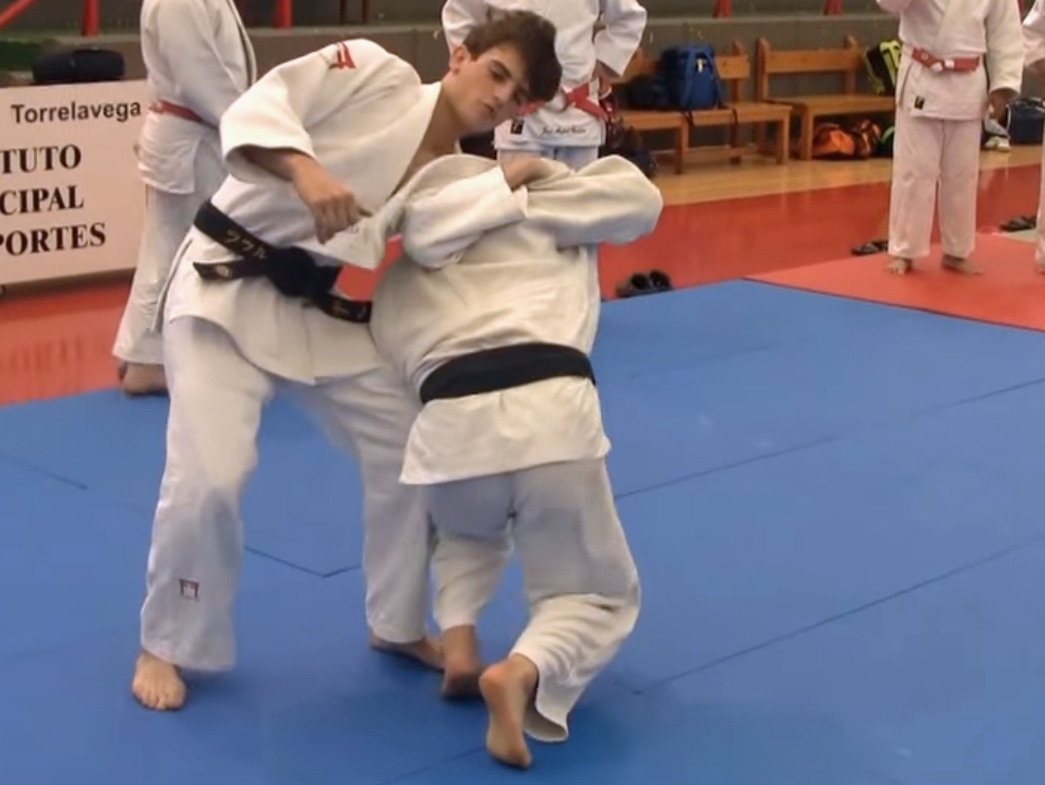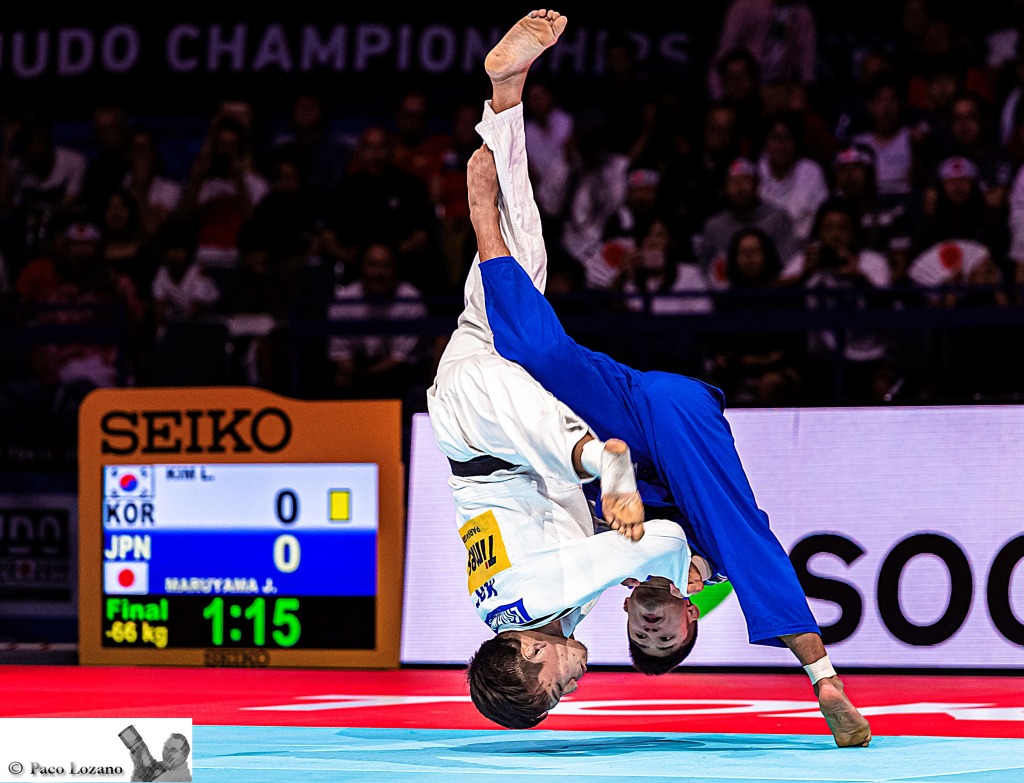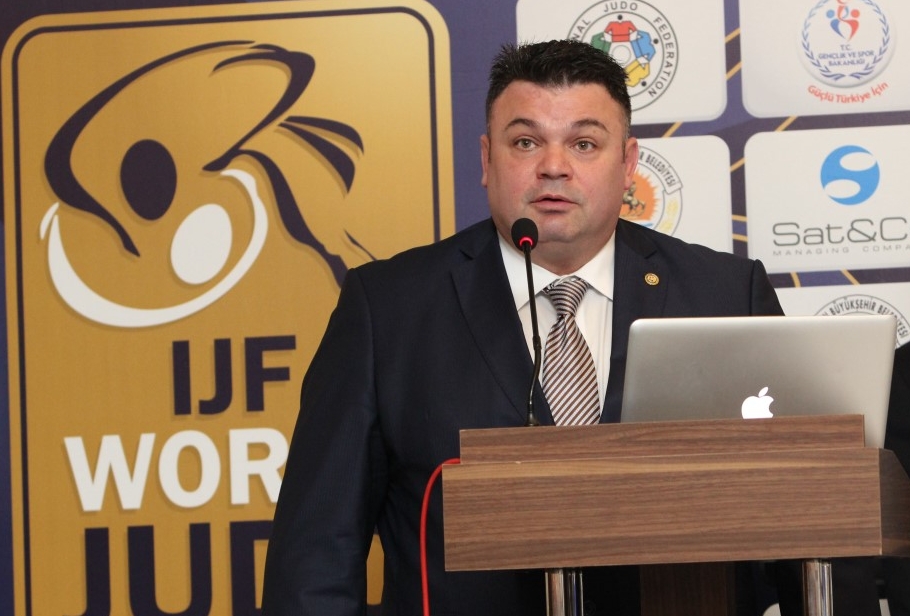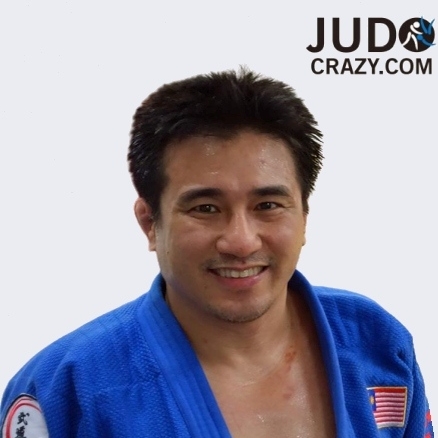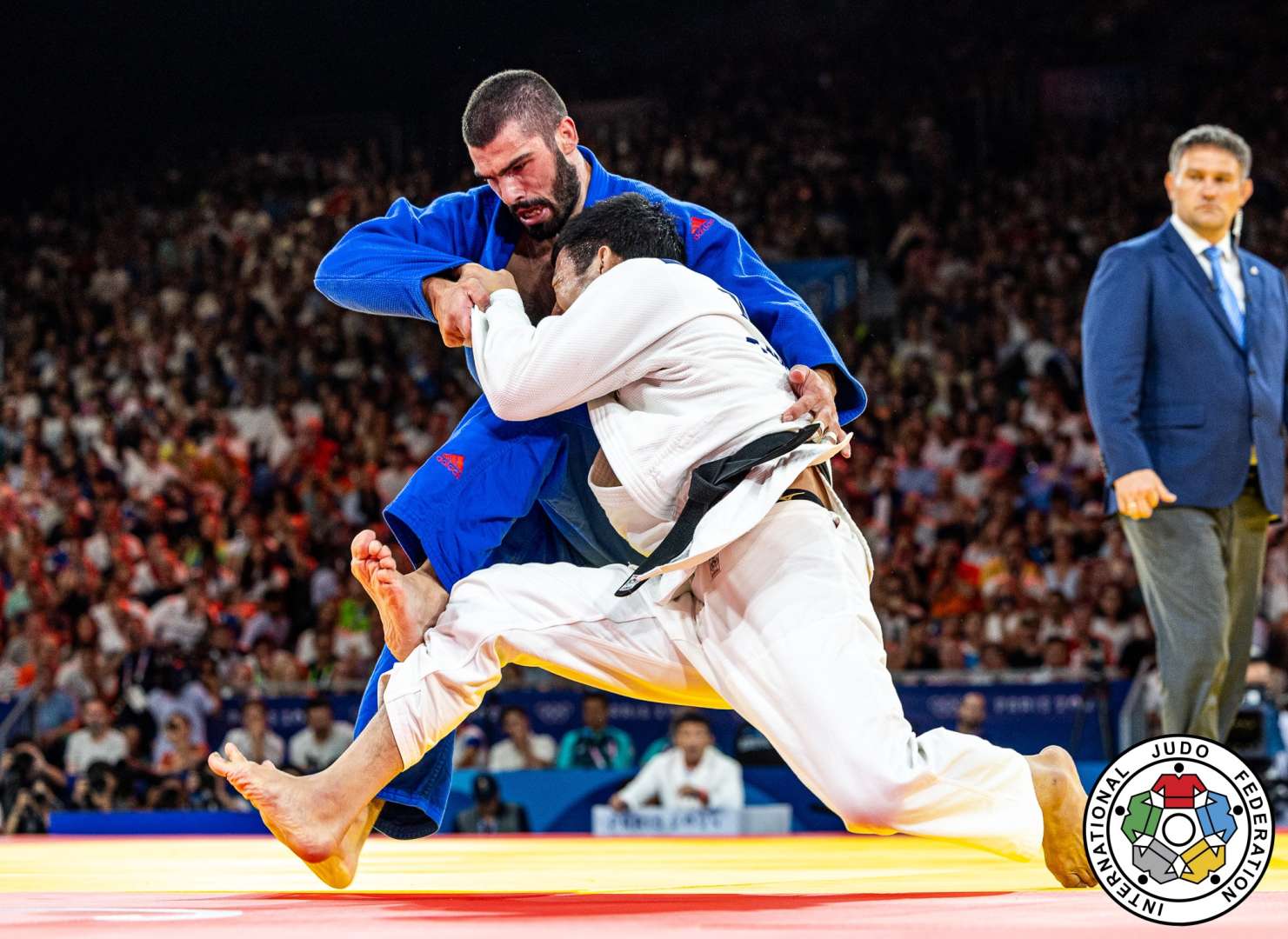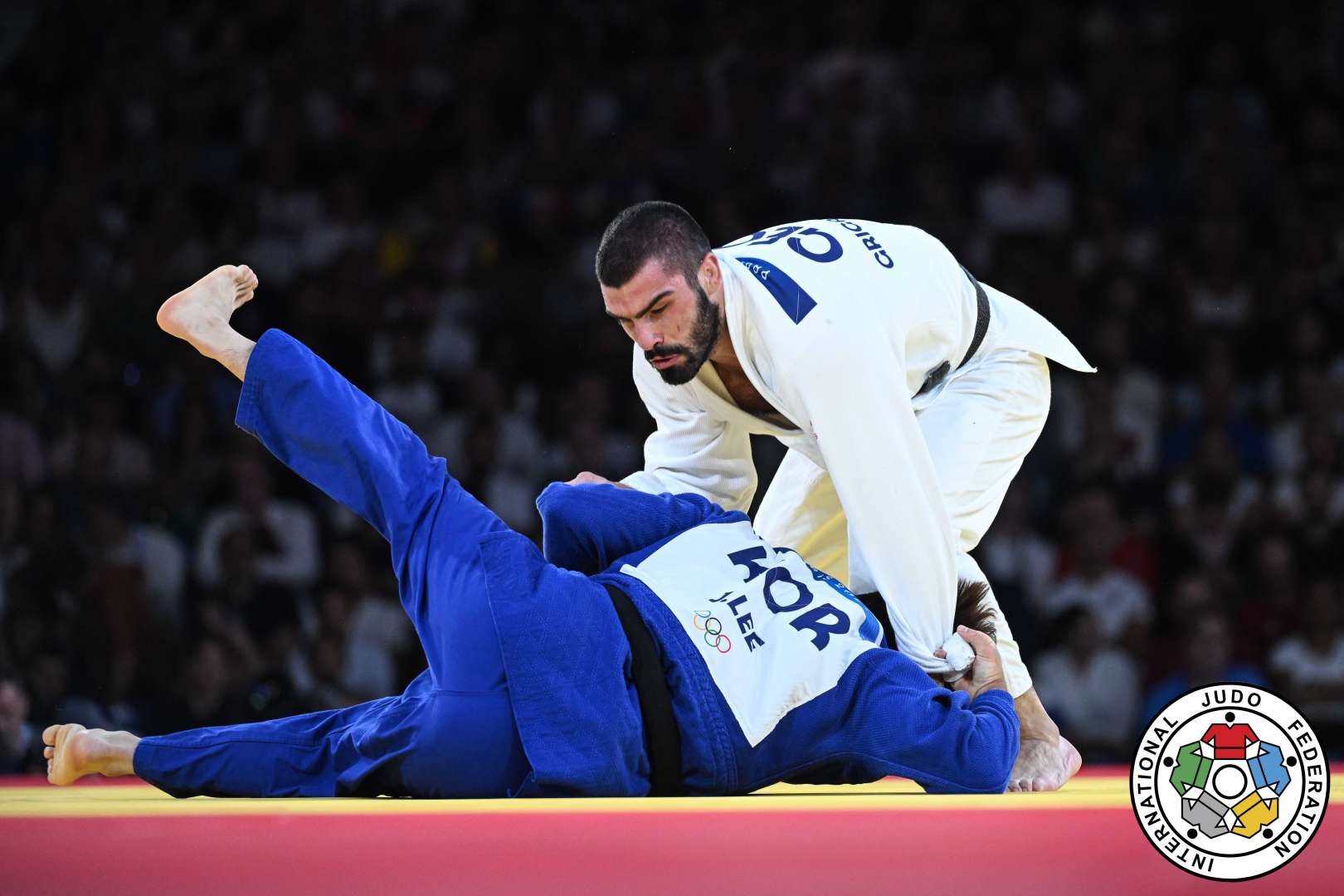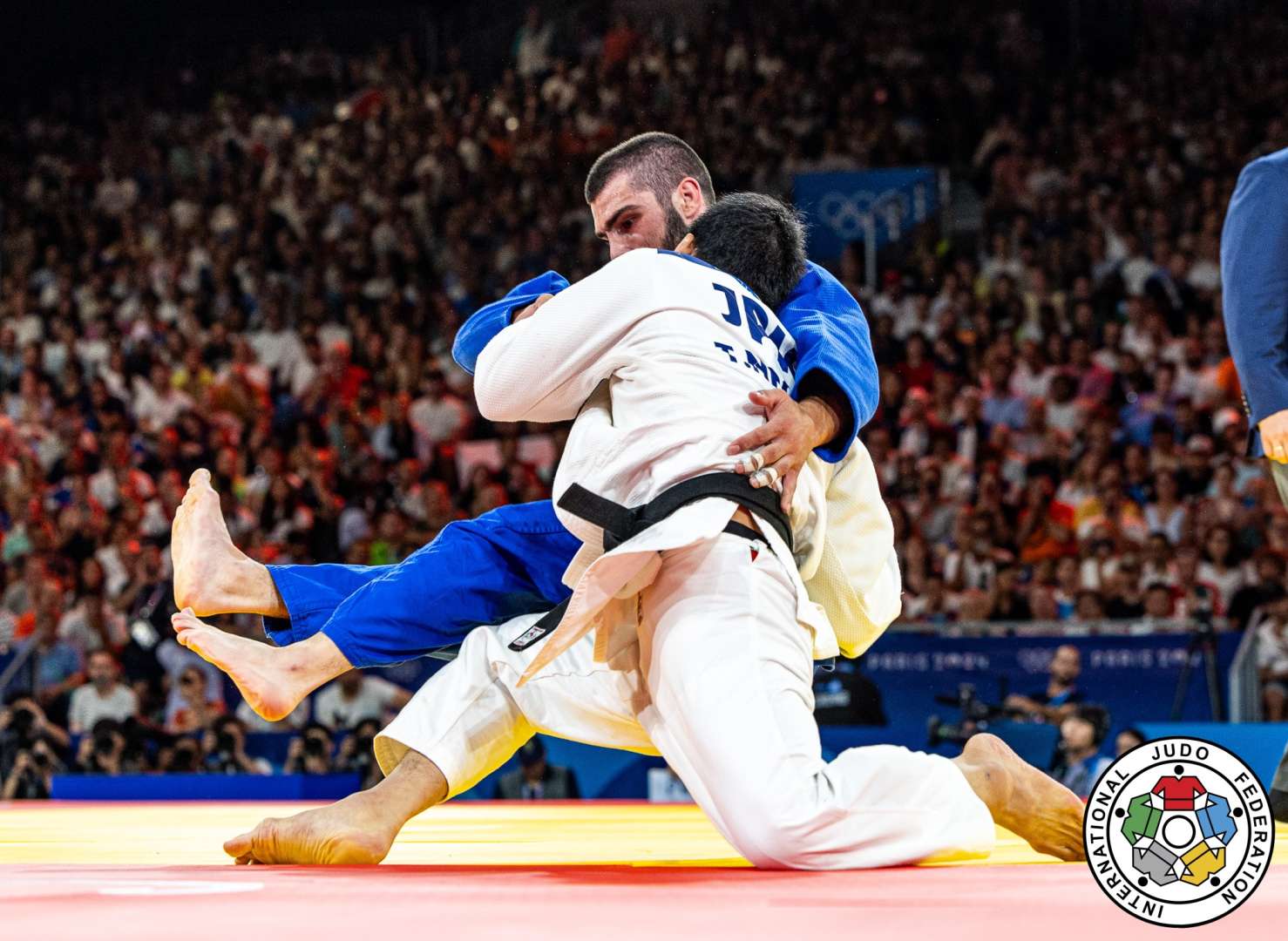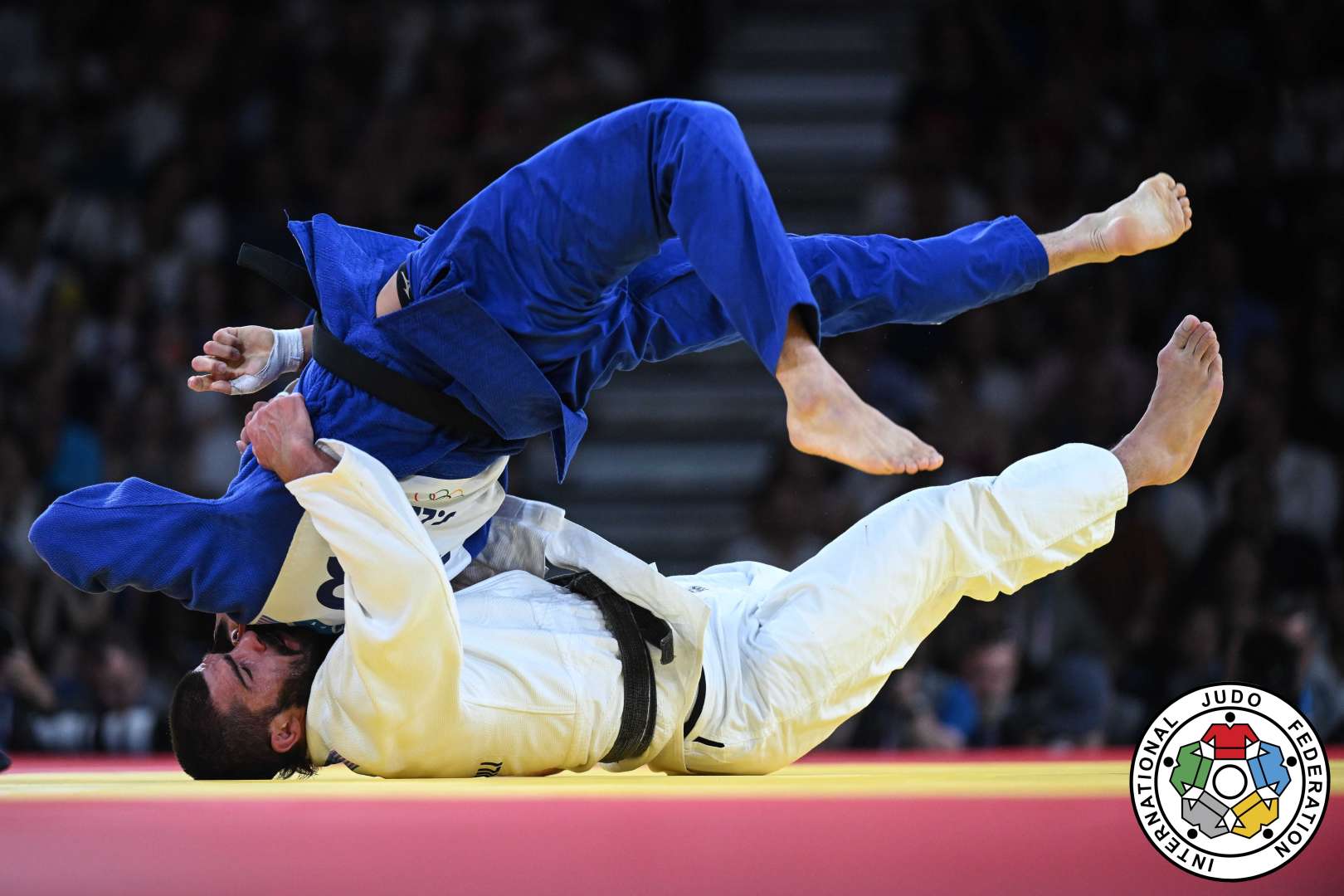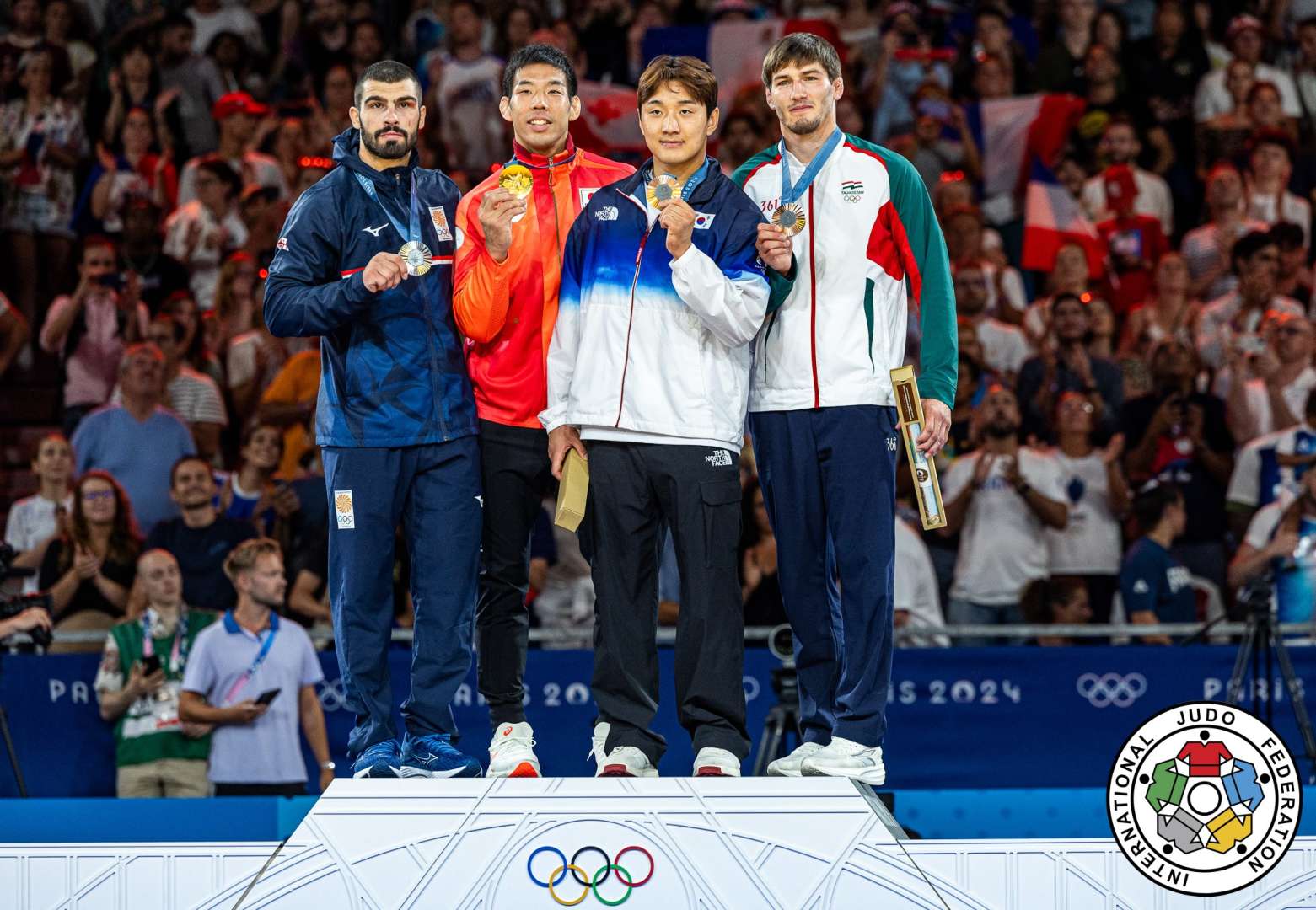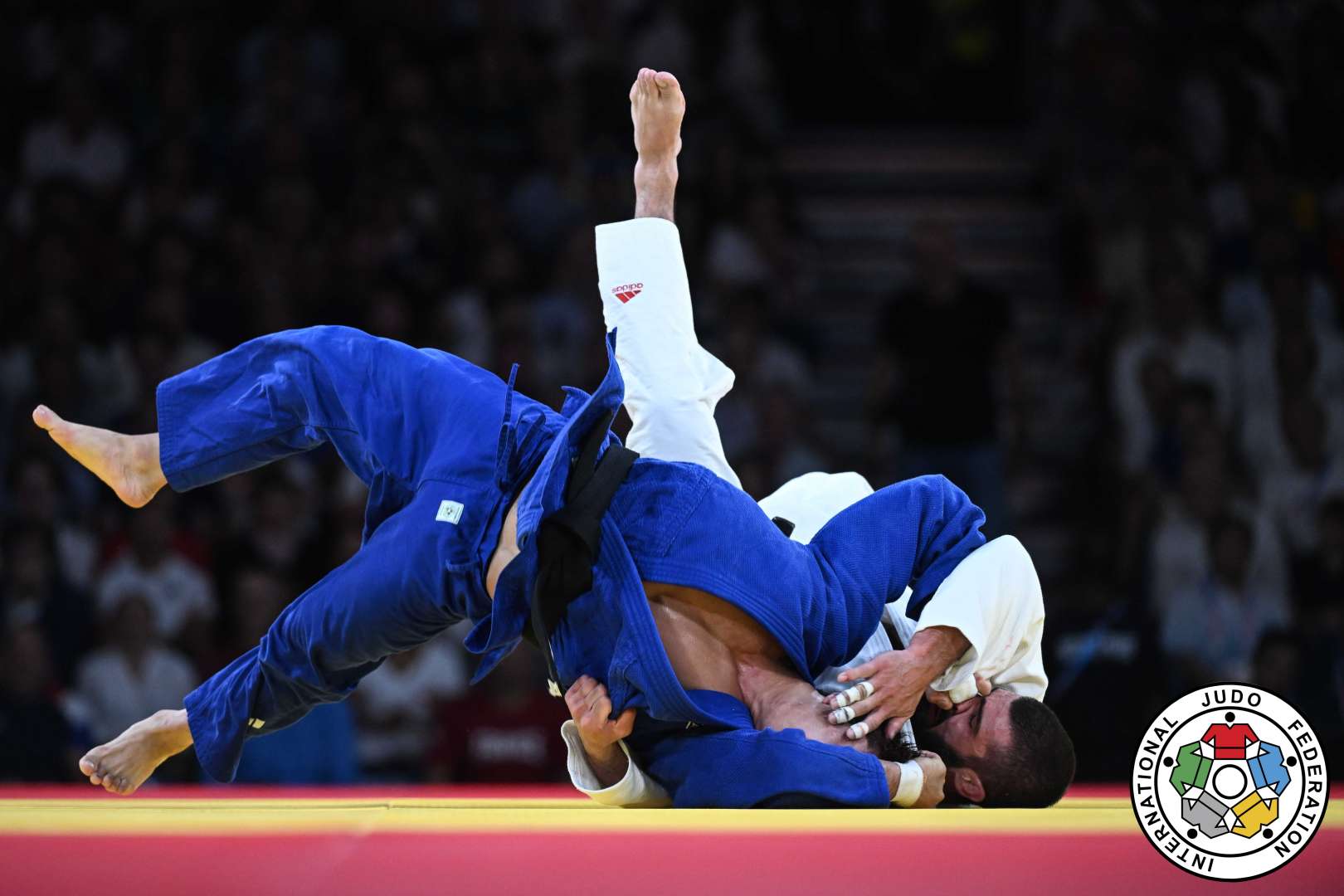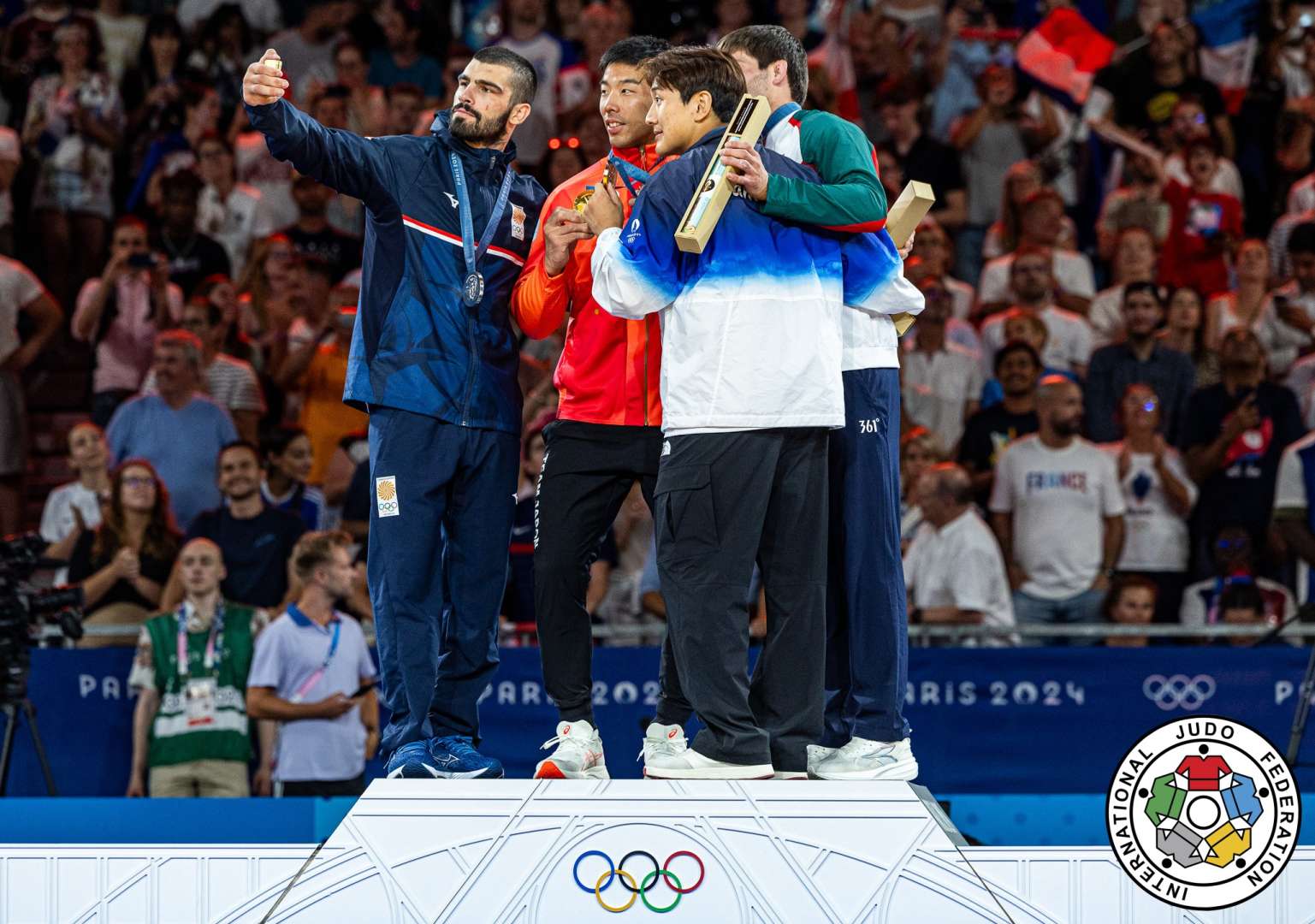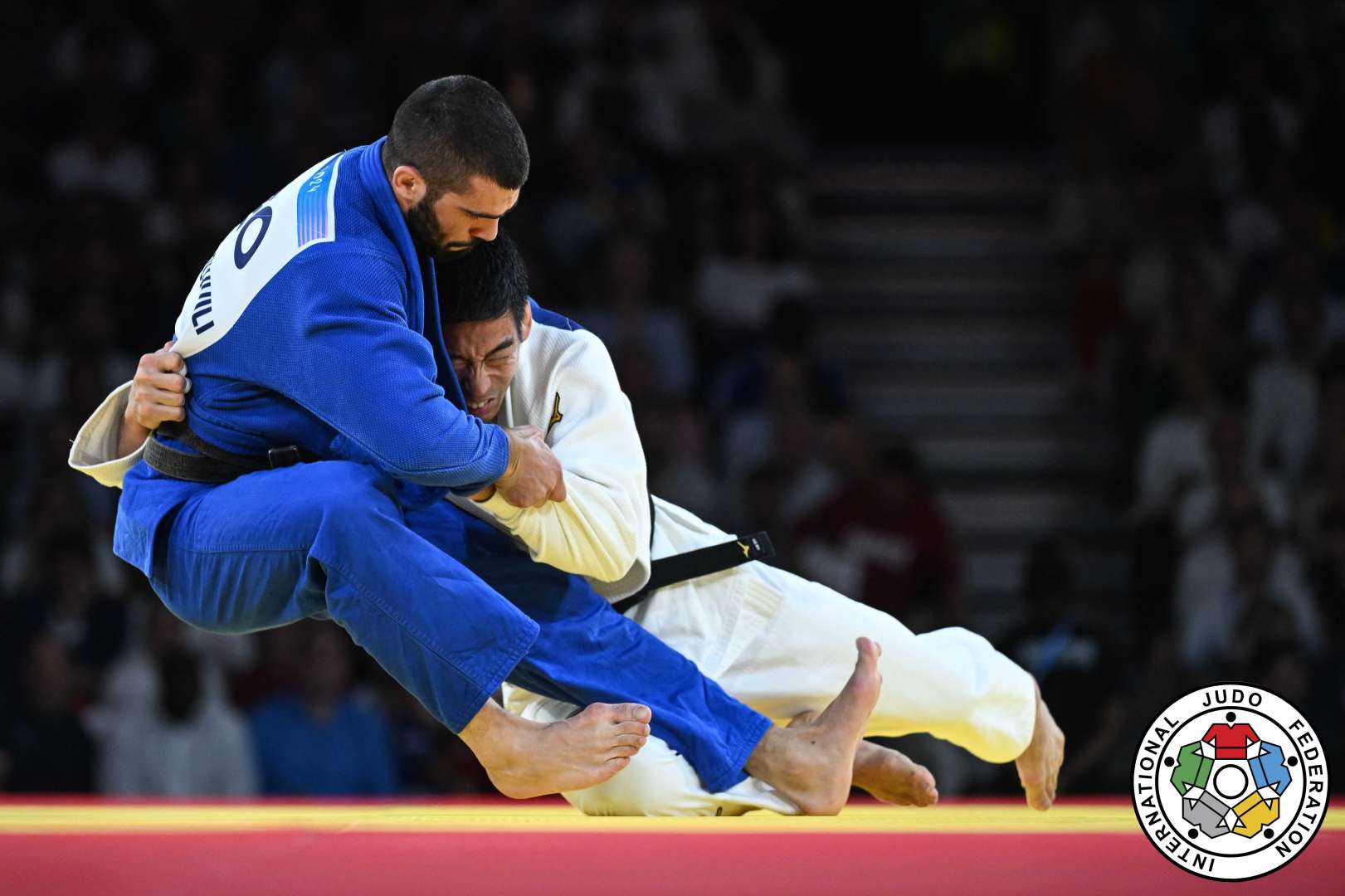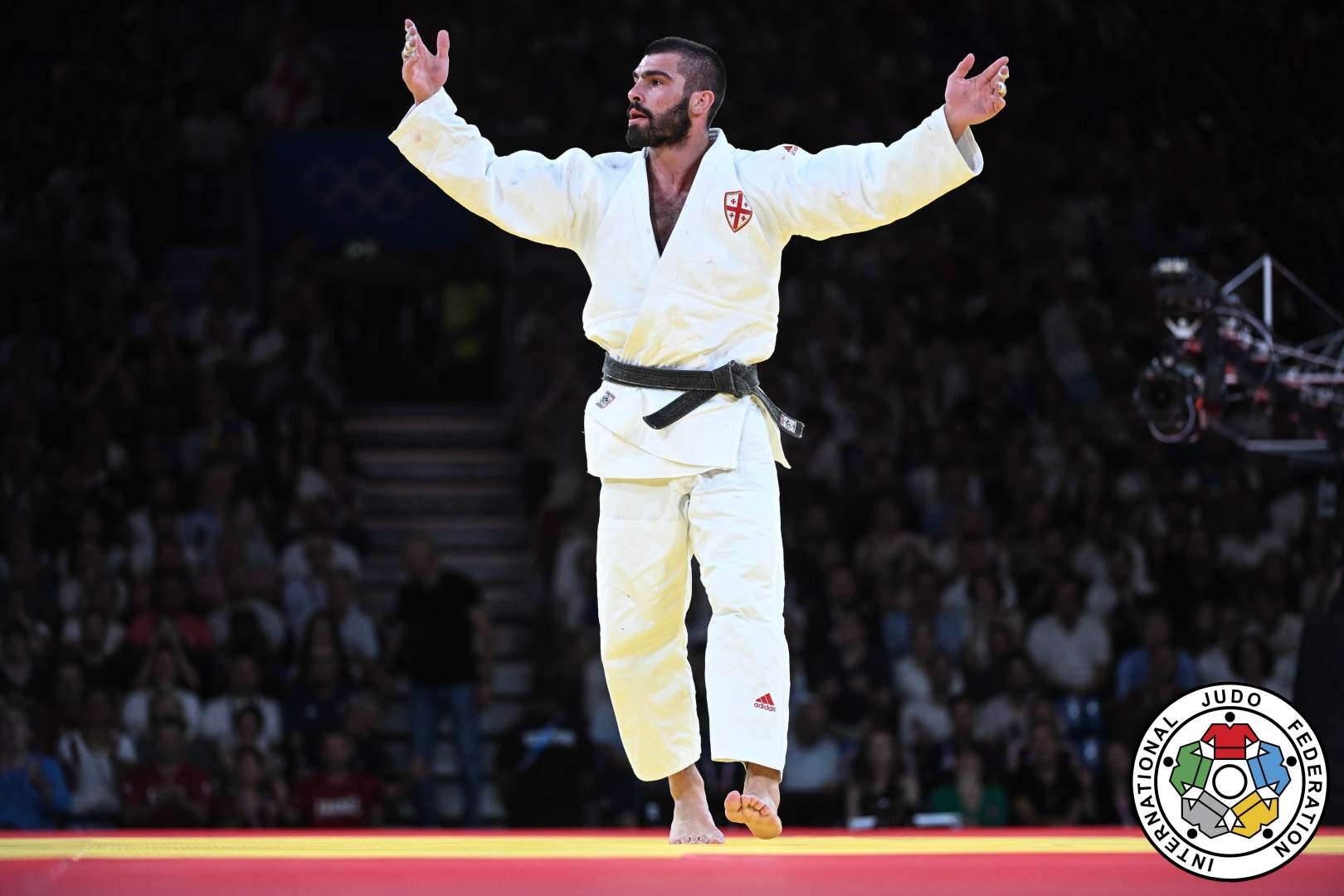Judo in the time of Covid-19: Travis Stevens
.jpg)
 20 Apr 2020 09:10
20 Apr 2020 09:10
 JudoCrazy by Oon Yeoh
JudoCrazy by Oon Yeoh
 Gabi Juan / Hajime Judo
Gabi Juan / Hajime Judo
American judoka Travis Stevens won Olympic silver in Rio in 2016. He was fifth at the 2012 London Olympic Games and multiple winner of various IJF event such as Tashkent and Dusseldorf. Travis Stevens won various titles at Panam Championships and Panam Games. He won the World Masters in Guadalajara in 2016. He retired after the Games but didn't stop his activities. Oon Yeoh of JudoCrazy asked for his projects.
JIC: You’ve been quite busy lately with several different projects. One of them is the Judo Fanatics site. How are you involved with that?
TS: I’m one of the co-founders of the company. When I was a competitor, I found myself always needing to find additional sources of income. Not all athletes are financially stable enough to only do judo. I ended up running lots of training camps and clinics just to make ends meet. That’s time taken away from my own training. Towards the later stages of my competition career, I started making judo videos that I could sell online and I realized this was a better way to make additional income.
JIC: But is learning from a video the same as attending a live workshop?
TS: I know a lot of people in judo feel like you can’t really learn properly just from watching a video and maybe at the higher levels that might be true. But I can say with absolute certainty that regardless of your skill level, you can learn something from watching these videos. I, myself, have learned so much since we started this thing last year. For example, I now know how to do the reverse seoi-nage or Korean seoi-nage, as they call it, from An Jeong-hwan’s video. This was something I never did when I was competing. I’ve also learned a thing or two about foot sweeps from Fabio Basile’s video.
JIC: What’s the deal you offer athletes who do these videos?
TS: Rather than a traditional deal with athletes where they would be paid a one-time fee for demonstrating techniques, I make sure every athlete gets paid monthly based on the sales they get. Our goal is to make sure athletes can make extra income while they are still competing or even after they’ve retired from competition. As long as the videos are still selling, they will get paid. But I want to say, this is not just for the athletes. It’s for practicing judokas all over the world who want to up their game. There’s so much knowledge that these athletes and coaches have, I feel it’s important to share this with the world so that we all can improve our judo.
JIC: Another project you're involved in is Project 2024. Can you tell us what this is all about?
TS: Jimmy Pedro, Chris Skelley (a former manager of the USA judo team) and I, started Project 2024 to help teach a system of judo to the cadets in our country. Our main focus for the project is to make sure that when the cadets are ready to step onto the senior stage years down the road, they will be ready to compete and win medals. We do a lot of fundraising for the athletes through a mix of donations and also through running training camps and clinics.
JIC: Has the Covid-19 situation put everything on hold?
TS: No, we are just moving things online. With all of our other businesses slowing down it actually allows us to devote more time to helping these kids. There is a lot the cadets can do at home to prepare them for future success. Like learning how to break down a fight when watching videos, taking notes on training sessions, journaling, etc. Winning at judo isn’t just about hard work. There’s a lot more that goes into it than that, like analysis, mental training and so on.
JIC: Why are you and Jimmy not involved in USA Judo?
TS: This actually requires a very long and complicated answer but I’ll do my best to sum it up for you. After Rio 2016, I applied to be the U23 Coach and after months of waiting — well into 2017, mind you — I was told I wasn’t qualified for the job or any coaching position, for that matter. As for Jimmy, he basically wanted to professionalize the coaching in our country and create a team of people who could work together to keep the success going from 2016 through 2020. USA Judo doesn’t want to professionalize the coaching system in the US. They pick their coaches for each competition by calling a shortlist of people and offering them a few hundred dollars and a free trip. Sometimes they can’t get anyone because they are all too busy. Jimmy and I both feel like you can’t win with a system like that. So, we are doing our own thing.
JIC: Some people have said after Rio 2016, now that Kayla Harrison and Travis Stevens have retired from judo, it'll be a while before America wins medals at the world stage again. Do you think that's a fair statement?
TS: With everything that’s going on with American judo right now, I would have to agree with that statement. I do think there are players with potential but I think it will be a while before we have athletes who can consistently medal at the Grand Prix level and higher. Unless USA Judo makes some drastic changes as soon as possible, I think we’re only looking at having a solid team emerge in time for 2028.
JIC: Why do you think so?
TS: I just feel that the rest of the world is starting to professionalize even at the cadet level and we can’t even professionalize our senior athletes. I think the gap between where we are now and where the rest of the world is will just keep growing bigger and bigger in the next few years. There are certainly players with good potential but there’s only so much we can do when the national governing body is happy with the status quo.
JIC: Do you have your own judo or BJJ club now?
TS: I currently do all of my judo coaching alongside Jimmy and his father. I’m still a young coach so I have a lot to learn and feel like they’re two of the best in the business, so getting to work with them daily really helps me grow as a coach. I have my own BJJ academy, which is located in the same building as Jimmy’s dojo. It’s a great mix because it allows me to work on judo with the cadets and train BJJ with the older athletes.
JIC: What are your aspirations as a coach?
TS: I’m not really sure. I love being home and really want to start a family soon. I don’t really see myself coaching an international team. I spent most of my career on the road competing and training overseas. I’m ready to be homebound for a few years. But if the right opportunity presents itself and the right athletes need my help, I would certainly try to help out. We have a few cadets right now who are very good but they are still a few years off before becoming seniors, so we we’ll wait and see.
JIC: You've said in the past that you didn't do BJJ to improve your newaza but because you enjoyed it. Can you elaborate on that?
TS: Well, the main reason I started doing BJJ was that I had broken my foot prior to the 2012 London Olympics. I couldn’t stand or walk so I decided to do BJJ and just train on the ground. I really enjoyed it as I could train as hard as I wanted to in BJJ. Don’t forget, I live in the US where there’s not a lot of high-level judokas for me to train with. But for BJJ, some of the best guys in the world live here. So, I could really get a good workout in BJJ. That’s what I really enjoyed about it.
JIC: But why do you think it doesn’t really help your newaza?
TS: I would say about 95% of BJJ doesn’t translate to judo. There are two reasons for this. First, the physical side of things. Judo is like a sprint whereas BJJ is more of a marathon. The muscle systems you use are completely different. Kind of like fast-twitch vs slow-twitch fibers. The training is just completely different. You could be in shape for one and yet not in shape for the other. Second, I’d say about 90% of all techniques in BJJ are either illegal or would be useless in a judo contest.
JIC: So, you don’t think judokas can benefit from BJJ groundwork?
TS: I think the only benefit for a judo player learning BJJ is it will acclimatize them to being on the ground more. If you are comfortable with being on the ground, you will be more confident at throwing because you are not afraid of ending up on the ground. But by no means is being good at BJJ a guarantee that you’ll win more matches on the ground in judo — as I’ve said, the rules are very different. If you end up winning more judo matches on the ground, it’d be because you’ve been spending more time actually fighting on the ground rather than just stalling and waiting for matte to be called.
JIC: What is it about judo that you like most?
TS: I like the fast pace of judo and the physicality of it. There really isn’t a better feeling than dominating a gripping situation and forcing your opponent to move into the perfect position for you to launch them with a clean throw. Or having someone completely resisting you ground attack and catching them with it anyways.
JIC: What about BJJ, what do you like most about it?
TS: I like BJJ because of the carefree attitude of the sport. I can train as fast or as slow as I want to. In BJJ you can see people staying in the same groundwork position, literally for minutes. Could you imagine that happening in judo?
JIC: In most places, BJJ is more popular than judo. Why do you think that’s so?
TS: My guess is that it’s because judo is a governed sport while BJJ is a private business. Judo as a sport, in most cases, tends to rely on government funding. In BJJ, people are actively building schools and running them like entrepreneurs. It’s a little different when you’re hired to teach judo versus if you are a BJJ coach who rents a hall, buy the mats and markets your own business.
JIC: I noticed that some judo champions, after they retire from international competition, go on to compete in BJJ or MMA. This naturally begs the question: If they can still compete in BJJ and MMA why can't they continue competing in judo?
TS: I think for everyone it’s different but having done all three I can tell you judo is so much harder. The physical toll on the body for high-level judo is so much worse than for BJJ or even MMA. I’d say it's about the same level as wrestling, which is a really physically-demanding sport. But maybe the other reason some players retire from judo and go on to do BJJ and MMA is there’s more money in those sports.
JIC: Will you compete in judo again?
TS: I don’t think so. I mean, never say never, but it would take a lot of money to get me to stop everything I’m doing right now to start training for competition again. I haven’t done any proper training sessions since I retired from judo in 2016. I still enjoy doing hard randori rounds but the drilling and all the extra things you need to do in order to be a top judo athlete — I just don’t have the drive for that anymore. Now my passion is in making sure that high-quality judo knowledge is spread far and wide.
JIC: In the past year, we’ve seen two high-profile suicide cases in judo, one the UK and one in the US. Can you give some insights into what high-level athletes go through that might lead them to depression?
TS: I personally feel that high-level athletes face a lot of pressure. If they fall short of their competition goals, they might feel like they have invested all this time and energy for nothing, other than a set-back in life. It can be depressing. There is also the issue of people who have managed to win some medals at the World or Olympic level but at the end of it, they have to leave their sport because there’s nothing there for them to do. I’m a good example of that. Fortunately, I’ve been able to do other things after I retired from competition.
JIC: How did you manage to make such a smooth transition?
TS: I think if you’re an athlete and you know exactly when you are going to retire, you have to start planning for a post-competition career and not wait until retirement happens before you start thinking about that. In 2016, while training for the Rio Olympics, I already had my BJJ academy up and running, and I was also taking marketing courses on the side. People said I was doing too much but it was because of what I did that I am able to have a smooth transition from sports to business.
JIC: You’re doing a lot of things! What are you focused on?
TS: Right now, my main focus is online marketing. I’m currently in charge of marketing for FUJI. We manufacture and sell judogis and other martial arts gear. I help a lot with digital and print media, social media marketing, e-mail marketing, as well as all the paid marketing that we do. I also have a YouTube channel, which is something I do on the side. I feel it provides value for the community, and I enjoy doing it.
JIC: You’ve been very active with your YouTube channel lately, posting almost daily. What prompted this?
TS: A few different reasons. First of all, it’s good marketing for Judo Fanatics. Secondly, it generates a bit of income from YouTube because the traffic is quite high for it. I don’t get a lot of money from it but every little bit helps. Thirdly, and really most importantly, I have all this knowledge within me which I want to record down and share. What’s the point of having that knowledge die with me when I’m not around anymore? You could say it’s my way of giving back to the judo community around the world. I wish more athletes would do something like this.
JIC: But you’re retired already. Do you think current athletes should be doing this too?
TS: Look, the IJF has made all matches from all of its competitions available for viewing on the Internet. Anybody can go and watch how any player does their techniques. There’s not much that you can hide these days. That said, knowing how something is done and being able to do it are two different things. So, there’s no harm in athletes revealing how their techniques are done. In fact, many of them are doing it at seminars and clinics and so on. They’re just not doing that much online.
JIC: How is the Covid-19 crisis affecting you personally?
TS: I’m stuck at home. I have actually converted one of my rooms into an office and a training area with mats and wall pads. But right now, my main focus is trying to keep the business alive. I do miss training but the stress of losing everything I've built over the last two years is enough to keep me focused and busy.
JIC: Any words for judokas who are under lock-down and cannot train right now?
TS: I think a lot of the top judo players should be taking it easy right now. Just enjoy the down time. Don’t worry so much about missing out on training because everybody is affected by this, so it’s not like others are training while you are not. Top athletes can easily get back into shape physically and mentally once the lock-down is lifted. In late 2015, I was bed-ridden for three months after surgery, and with just two weeks of training, I took fifth place at the Tokyo Grand Slam. A month later, I took second place in the Havana Grand Prix. A few months after that, I took gold at the 2016 Guadalajara World Masters. So, I know it can be done. Just stay positive and stay safe.
Are you JUDOCRAZY? The become a JudoCrazy Patron and read all their stories here
 like
like
 share
share
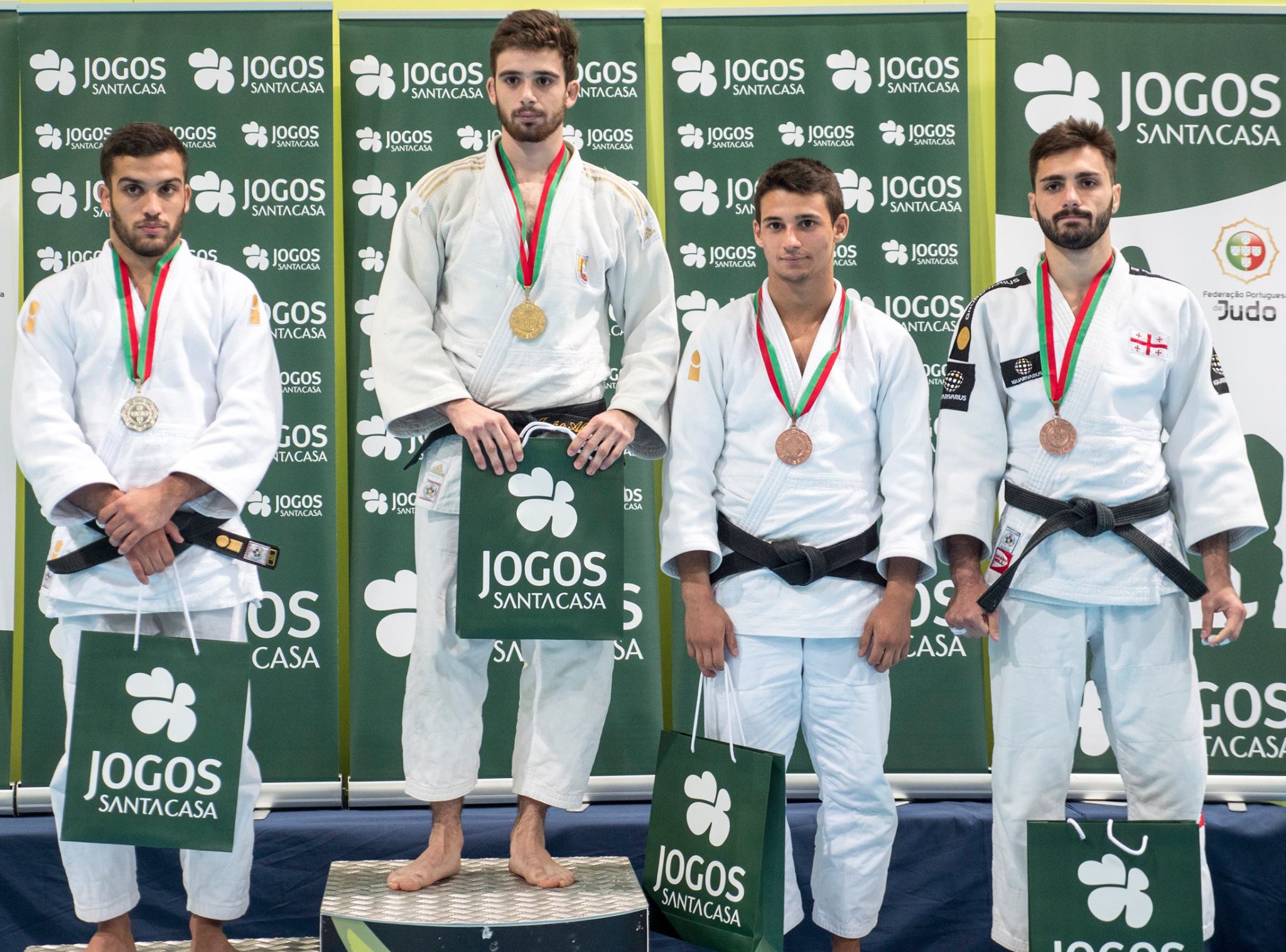
| Result | City | Date |
|---|---|---|
| 2 | Paris | 2024 |
| 1 | Abu Dhabi | 2024 |
| 1 | Zagreb | 2024 |
| 3 | Belgrade | 2023 |
| 2 | Montpellier | 2023 |
